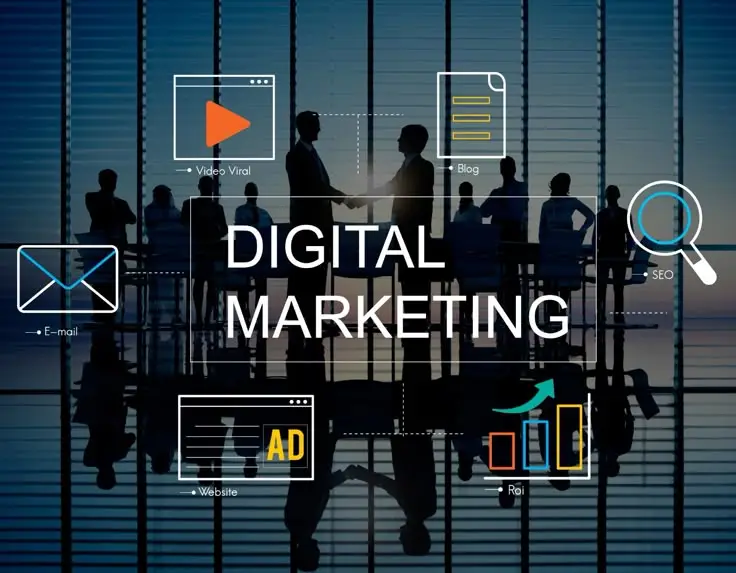In today’s digital-first world, businesses of all sizes must adapt to evolving consumer behaviours. Traditional marketing methods are no longer sufficient to reach audiences effectively. Digital marketing has emerged as a critical strategy for growth, visibility, and sustained customer engagement.
What Is Digital Marketing?
Digital marketing involves promoting products or services through various online platforms, including search engines, websites, social media networks, email, and mobile applications. It allows businesses to connect with potential customers where they spend a significant amount of their time: online.
The Role of a Digital Marketing Agency
A digital marketing agency focuses on developing and implementing online marketing strategies designed to deliver tangible results for businesses. Their services often include:
- Search Engine Optimization (SEO): Improving a website’s ranking on search engines to increase organic visibility.
- Pay-Per-Click Advertising (PPC): Generating website traffic and leads through targeted, paid advertisements.
- Social Media Marketing: Building brand presence and connecting with audiences via platforms such as Facebook, Instagram, and LinkedIn.
- Content Marketing: Producing and sharing relevant, high-quality content to engage and retain a target audience.
- Email Marketing: Sending targeted messages to build relationships and drive conversions.
- Analytics and Reporting: Measuring campaign performance to refine strategies over time.
By leveraging the expertise of a digital marketing agency, businesses can gain access to tools, insights, and talent they may not have in-house.
Key Benefits of Digital Marketing
1. Cost-Effective Marketing
Compared to traditional marketing channels such as TV or print, digital marketing is more affordable and delivers higher ROI. A 2023 report by HubSpot found that 61% of marketers consider enhancing SEO and boosting organic reach a leading priority in inbound marketing, largely because of its cost-effectiveness.
2. Measurable Results
Digital marketing provides access to real-time data. Tools like Google Analytics and Meta Business Suite allow businesses to track user behaviour, conversion rates, and campaign performance, making it easier to adjust strategies for better outcomes.
3. Targeted Audience Reach
With digital marketing, businesses can define specific audience segments based on demographics, interests, and online behaviour. For instance, Facebook Ads Manager allows targeting by age, gender, interests, and even location, ensuring that campaigns are highly relevant.
4. Improved Customer Engagement
Online platforms enable interactive communication between businesses and their customers. Businesses can respond to inquiries, comments, and feedback instantly, improving trust and customer satisfaction.
5. Improves Brand Visibility
Having a strong digital presence increases brand recognition. Regularly publishing content and optimising it for search engines can improve a company’s ranking, increasing its visibility to prospective customers.
6. Competitive Advantage
Businesses that prioritize digital marketing secure a competitive advantage. A report by Statista noted that global digital advertising spending reached $602 billion in 2023, underscoring its importance in the modern business landscape. Companies that do not embrace digital marketing may struggle to keep up with their more tech-savvy competitors.
Conclusion
Digital marketing is no longer optional—it’s essential. Whether it’s improving brand awareness, increasing sales, or building long-term customer relationships, the digital landscape offers unparalleled opportunities for businesses. By partnering with a skilled digital marketing agency, companies can ensure they are leveraging the full potential of online marketing to achieve sustainable growth.


